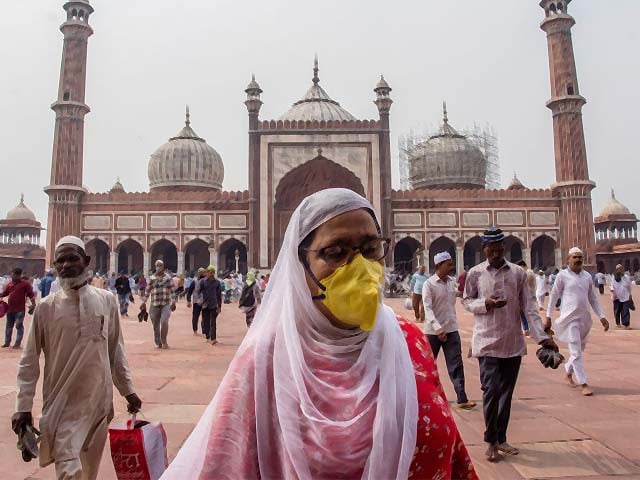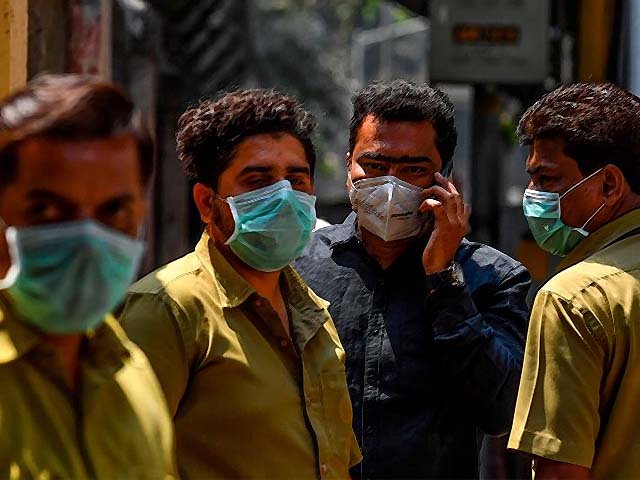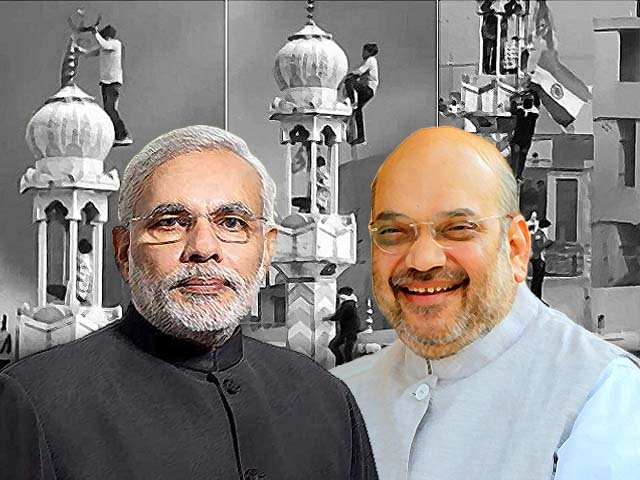
Can Rahul Gandhi prove his worth?
To reinvent and revive the Grand Old Party, the Gandhi scion has to prove his worth in the electoral battlefield.
In Shakespeare’s play, "Henry IV, Part 1" Prince Harry, the son of the king, is shown as a very complex character. His venture into taverns, his company of friends and his acts keep the audience baffled at all times. Sometimes the king himself worries about his son’s future. His subjects are never sure what Hal (Prince Harry) represents or stands for. He acts rebellious but does not reveal his intentions. However, Hal redeems himself on the battlefield by saving his father from the enemy and eventually shrugs off his bad reputation when he demonstrates his ability to govern in uncertain times.
Rahul Gandhi, in some way, reminds us of that medieval prince. The way Hal keeps his true intentions hidden from the whole nation and the disdain he shows for authority and power, is very similar to the scion of the Nehru-Gandhi dynasty.
After being in politics for more than seven years, the nation is still not able to read Rahul Gandhi’s mind. His nocturnal forays into the village inhabited by lower castes, his day outings with labourers working in fields, his passion for biking and gym - all send disparate signals.
Recently a new persona of him emerged when he rode to a village in Greater Noida, about 100 km from Delhi, and raised the issue of farmers who were not given adequate compensation by the Uttar Pradesh (UP) for land acquired for the development of a highway and housing complexes. His open defiance of the local government and his staying put with the villagers the whole day led to his brief arrest. If nothing else, the arrest did manage to complete the missing link in the political career of Rahul Gandhi as a newspaper writes:
“The Mayavati government has helped him fill a near-mandatory column in a politician’s bio-data: being picked up by the police.”
For the greater good
The Congress leader had gone to Bhatta-Parsaul village in UP to espouse the cause of the farmers who felt betrayed by the local government. Rahul’s association with this cause not only brought the issue of land acquisition to the forefront but also brought the future strategy and thinking of the young leader to the fore.
The timing of Rahul Gandhi’s recent aggression is also very important. UP holds the key to the revival of the Congress party. The state makes for 80 parliamentarians in the Lower House and while in the late ‘80s India’s Grand Old Party maintained a predominant position in the Hindi heartland, the rise of regional parties reduced it to the margins.
Rahul Gandhi has been trying to revive the party ever since he became active in politics and in the last general elections, in 2009, the Congress emerged as the single largest party in the three cornered contest in UP. But, after that their performance in all the by-elections has been dismal. The state will go to election once again in 2012 and the Congress fancies its chances to form a government there.
Making new friends
Prince Harry of the Congress party sees the crisis in Greater Noida as an opportunity to connect with the farmers who have traditionally not been Congress voters. The anger of the farmers against the Mayawati led government is an opportunity to stoke the fire of discontent across the state.
Mamta Bannerjee used the issue of land acquisition in West Bengal to unseat the 34 year old Left front government in the state. Similarly the Congress is trying to woo back the lower caste and the Muslim minority, who once used to constitute a solid vote bank for the party.
A victory in the Assembly elections in Uttar Pradesh or a good performance there will be read as a sign of recovery for the party and a big morale booster for the organisation, which has virtually gone dormant since the 1980s. A good showing in the largest state of India will set the tone for the 2014 general elections.
Trying out something new
Post Independence, Congress has been involved mostly in power politics. It has lost touch with reactionary politics. Therefore, Rahul Gandhi’s tryst with politics of agitation is something new for the party.
An editorial in The Asian Age states:
“It appears a genuine attempt at agitation politics, and is therefore to be welcomed in a large federal democracy where rulers at the national level often sit on Opposition benches in some states.”
Can Rahul succeed?
This is the question everybody in India is asking. For many, he seems to have a genuine interest in reviving the Congress party and he seems sincere in his attempts.
Does he have dynamism?
The dynasty has given him certain advantages but his track record so far has been as The Hindu writes “gaffe prone” and mixed.
In politics, it’s not the intentions that matters most, it’s the idea which attracts the people. Larger India is ignorant about Rahul’s vision and ideas - what new political deal he has to offer nobody knows. Despite being in politics for almost eight years, Rahul is still a mystery, an intention shorn of any new idea.
It’s this lack of new ideas which stands in the way of the Congress party upstaging political upstarts like the Bahujan Samajwadi Party(BSP), Samajwadi Party (SP) and other regional parties.
The need for new ideas
In pre-1991 India, old politics was acceptable but in this new era a new approach is needed to address the aspirations of the people who not only want better governance but also better lives.
The Congress captured the imagination of the people of India in the 1920s and the 1930s and established itself as the lead spokesperson of India on the basis of its new approach to politics and new methods of struggle and new ideas.
India is again at the cusp - there is restlessness and people want to break free from the old mould and the old ways of life. The Left Front paid the price of being status quo-ist and unimaginative in West Bengal when it lost power despite having wider presence in the state.
The Congress party could not make any impact in the Bihar elections last year because it had nothing new to offer to the awakened people of a poor state except old leaders and outdated caste combinations and permutations. Rahul attracted crowds there, but not the people’s trust and votes.
The Congress, therefore, needs to develop a new connection with the people to remain relevant and preeminent in the politics of India. It needs to familiarise itself with the genre of mass politics once again. The Asian Age writes:
“If Mr Gandhi intends to move towards mass politics, he needs to make wider changes in his political style and seek to connect on a regular basis with all shades, not only within his own party but also the wider public.”
In medieval times, Prince Harry used his trip to the taverns and his association with different kinds of common people to understand the mood of the nation, which his father was gradually losing touch with. Belying every one’s expectation Hal proved his worth in the crucial battlefield and became a successful ruler.
Rahul Gandhi is almost placed at the same situation where Prince Harry was before he proved his worth.
To reinvent and revive the Grand Old Party, the Gandhi scion has to prove his worth in the electoral battlefield and defeat an aggressive right and well ensconced regional parties to establish the supremacy of the Congress party.
History is testing Rahul Gandhi.




COMMENTS (8)
Comments are moderated and generally will be posted if they are on-topic and not abusive.
For more information, please see our Comments FAQ